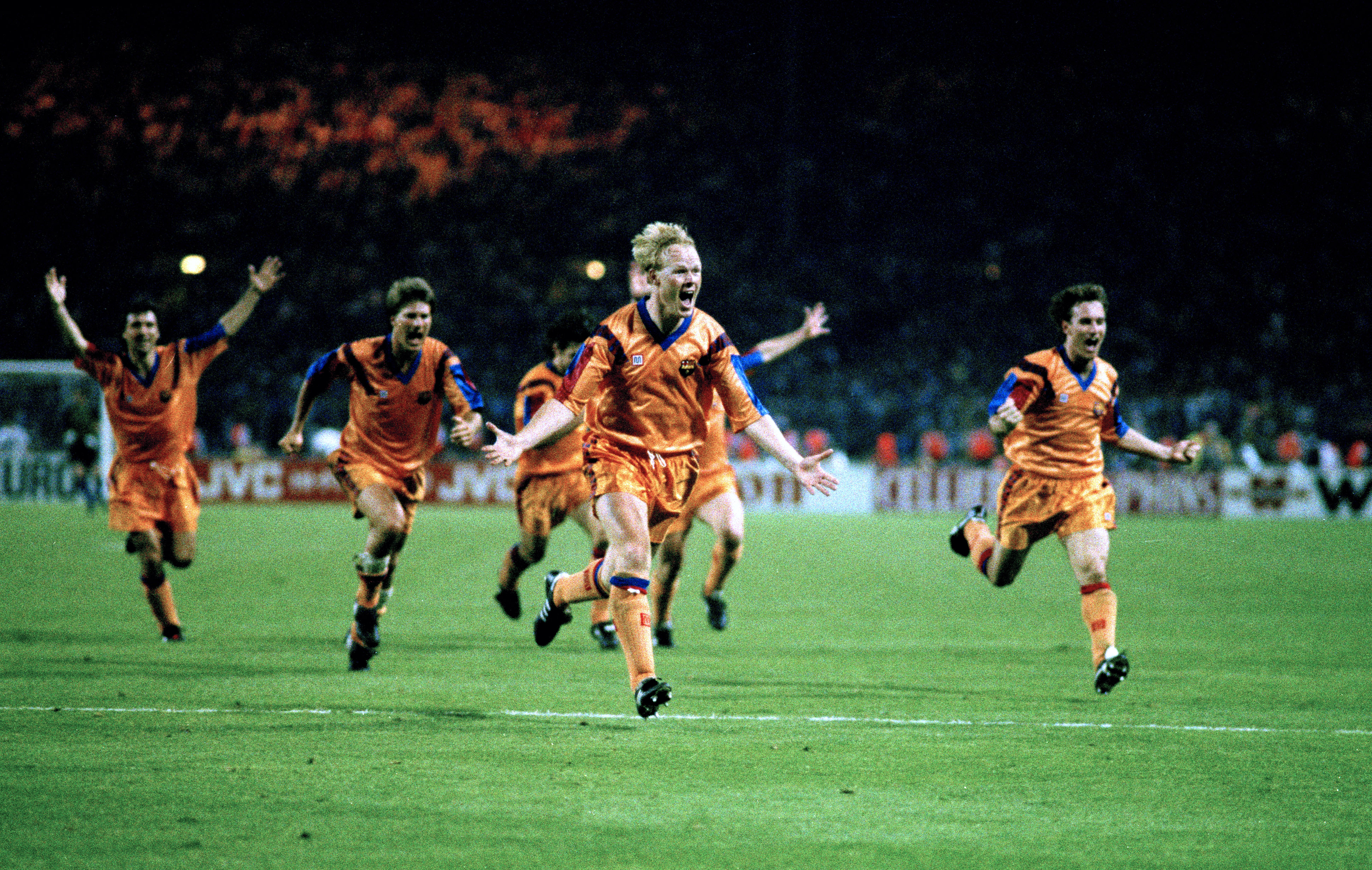Fergie the latest to speak out over UEFA's Champions League profiteering
Sir Alex Ferguson is the latest person to speak out against the prices for this yearâÂÂs Champions League final at Wembley.
WeâÂÂll ignore the fact heâÂÂs never spoken out about the ticket prices at Old Trafford when so many Manchester United fans see them as a cause for concern, but Ferguson was right when he criticised UEFA. The cheapest final seats for neutrals will be a prohibitive ã176 plus a ridiculous administration fee which will push the total over the ã200 mark.
âÂÂItâÂÂs unbelievable,â he said. âÂÂItâÂÂs a killer. ItâÂÂs disappointing. Managers and players canâÂÂt do anything about it. I donâÂÂt know what you can do. You have a booking fee of ã26 or whatever it isâ¦dearie me.âÂÂ
Well, he did something about it by speaking out. More action from others like him would be welcome, but donâÂÂt hold your breath.
Some of the 25,000 tickets - just over a quarter of the Wembley capacity - allocated to each of the competing clubs will be cheaper at ã80, but UEFA wonpâÂÂt say how many. They could sell a just two tickets for ã80 and claim they'd fulfilled their promise.
Despite being a period of low inflation across Europe and a time of economic crisis in most countries, these prices have risen 40% in two years.
Wembley has always been expensive, be it for a hot dog or match brief, but this takes the proverbial. At least Queens Park Rangers had the honesty to print that some of their tickets had a âÂÂdiabolical viewâ on them in the 1990s. UEFA should print âÂÂblatant profiteeringâ on Champions League final tickets.
The best features, fun and footballing quizzes, straight to your inbox every week.
Instead, they have tried to justify the mark up, saying: âÂÂWe have to benchmark this event against other comparable events - for example the final of the Euros and the World Cup.âÂÂ
Michael PlatiniâÂÂs actions are disappointing. A great, great player, I was optimistic about his future as an official in football when I interviewed him in Rio in 2000. We were there to watch Manchester United and a mate cheekily asked if he was up for an interview with a Manchester United fanzine. To his credit, Platini said yes and we met him the following day, where he talked about Eric Cantona, Juventus and the 1984 French team.
As he was promoted through FIFA and then UEFA, I liked his idea about making the Champions League more inclusive and his thoughts about financial fair play, but what about UEFA playing fair financially with fans?
When Platini oversaw moving the Champions League Final to a Saturday, he claimed that he did so more families could see the game. But there seem to be ulterior motives. The corporate dollar was never keen on midweek finals. Too much time off work, too much of an inconvenience.
When Juventus met Milan in the 2003 final at Old Trafford, the touts couldnâÂÂt give match tickets away outside the ground. Manchester Airport may have recorded the busiest day in its history and plane spotters flocked to see Italian planes that had not been airborne since WWII, but many friends got into the European Cup final for a fiver.
However, London is not Manchester and Saturday is not Wednesday. One of the âÂÂstrengthsâ of EnglandâÂÂs failed 2018 World Cup bid was LondonâÂÂs sophistication in the corporate events market. That is a large market stocked with the well-heeled who would not flinch at ã200 or even ã2000 for a ticket to see a âÂÂflagship event.âÂÂ
But are they the people who deserve to be at the final? Surely loyal supporters of the competing clubs should be the absolute priority, be they from Barca or Chelsea, Madrid or Manchester.
IâÂÂm going to Marseille this week to see Manchester United. There will be a couple of thousand travelling from England. Should United reach the final then virtually all of them will be guaranteed a ticket because of the clubâÂÂs loyalty system. If they donâÂÂt like the price, tough. And UEFA know that.
Yet there will be supporters who have seen every Manchester United home game this season who would miss out on a ticket for the final should United reach itâ¦though they have the option of paying sky high prices through third parties and the type of corporate shebangs which UEFA encourage.
As for families, what type of working class family, the very folk who have long provided the bedrock of match going football support, could afford those prices? Or do UEFA mean upper middle class families who only discovered football after it became trendy post Italia âÂÂ90, the start of the Premier League or even Euro âÂÂ96?

Andy Mitten has interviewed the likes of Lionel Messi, Eric Cantona, Sir Alex Ferguson and Diego Maradona for FourFourTwo magazine. He also founded and is editor of United We Stand, the Manchester United fanzine, and contributes to a number of publications, including GQ, the BBC and The Athletic.
 Join The Club
Join The Club





